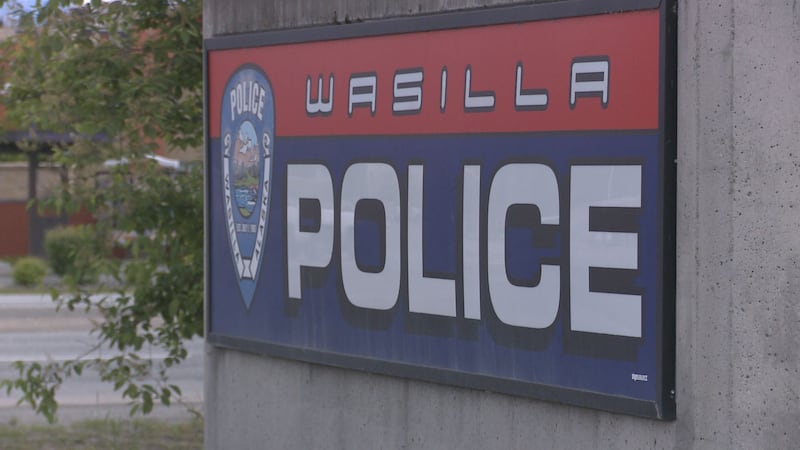Proposed alcohol sales tax on April ballot in Anchorage

Come January 2020, that Saturday night pint of beer could cost you a little extra. That's if the city's proposed alcohol sales tax gets enough votes on April 20th.
Ona Brause, Chief of Staff for Mayor Berkowitz, outlined all of these details to the Anchorage Chamber of Commerce during 'Make it Monday' this week. She made it clear, the tax dollars would go towards addressing issues of homelessness, alcohol and other substance abuse.
"This is one of the issues that the community has been talking about the most over the last few years where we have been in office," said Brause, "This is the best solution to address the issue."
Brause says one of the questions that often arises, is how this alcohol tax is different from the state's alcohol tax? The difference is that the state's tax is wholesale, affecting retailers, while the Municipality's proposed sales tax affects the consumer directly.
According to data presented by Brause at the Chamber meeting, the state's alcohol tax currently brings in about $40 million dollars a year. Half of that goes into the general fund, and the other half goes into a special fund dedicated to alcohol misuse prevention. That's about $20 million dollars for the entire state to split on alcohol misuse prevention.
Brause says this proposed municipal sales tax is projected to bring in between $11 million to $15 million annually, which would all go to programs right here in Anchorage.
"Our city is in a different position than it has been in the past," said Brause. "The state has retreated from some of its financial responsibilities traditionally through revenue sharing, capital budgets & other cuts that have come down to the local government, and this is the way to fill that gap."
One example of a proposal for one of these dedicated services would be to create a Community Outreach Referral & Education team, or C.O.R.E. team that would work closely with the fire department.
"Currently fire and police calls happen regularly to people who are not actually in emergency situations, but because they are presenting as such, they have to be responded to as if it were an emergency situation," said Brause. "If we were able to create a system where we could intervene before actually reaching that emergency point, then we would be able to cut down on costs associated with dispatching EMS and APD."
The Municipality of Anchorage has seen similar alcohol sales tax proposals in the past, which have failed. Brause says she believes this proposal stands a stronger chance of passing due to the fact that there is dedicated language about how the money will be spent.
Residents will also be able to hold the city accountable for where this money goes. The assembly will be presented with an annual report on specifically how much money was spent and under which program, along with statistics & metrics measuring the success of those programs. Those reports will be made available to the public.









